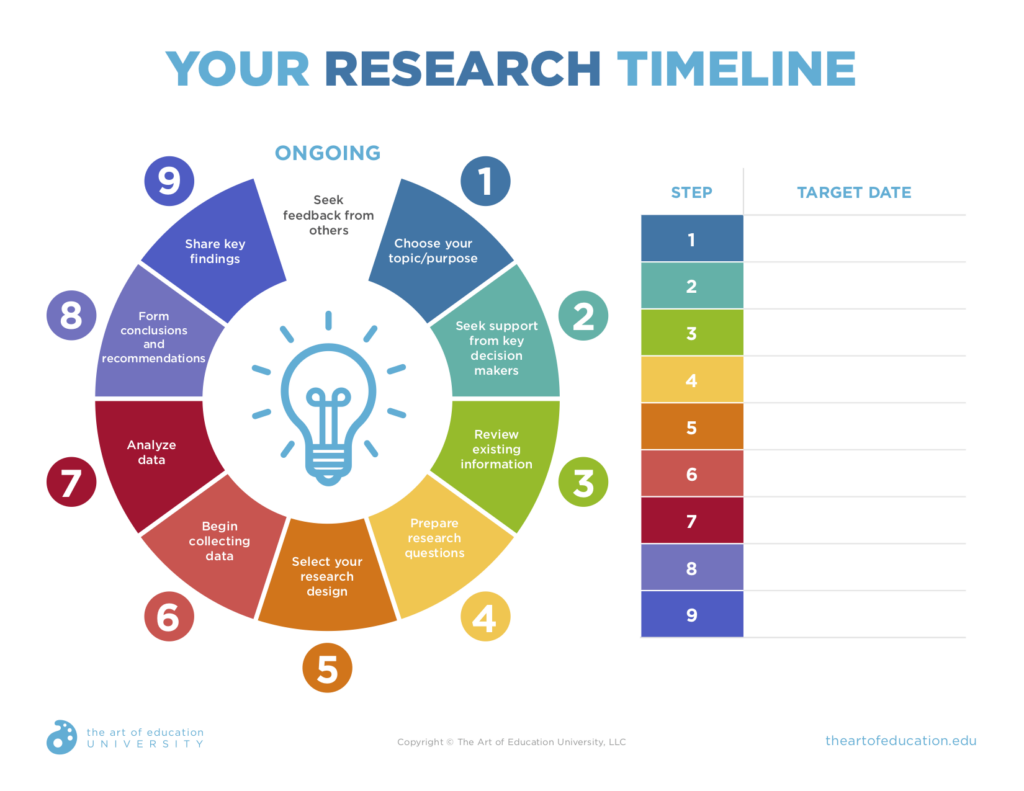Highly effective researchers possess distinct habits that elevate their work and significantly contribute to their success. These meticulously cultivated and refined habits enhance productivity, elevate research quality, and extend their impact within the scientific community and beyond. Here are five essential habits of highly effective researchers.
Maintaining Curiosity and Continuous Learning
Effective researchers are driven by an insatiable curiosity and a commitment to lifelong learning. They stay current with the latest developments in their field by attending conferences, reading journals, and engaging in discussions with peers. This dedication to continuous learning keeps them at the forefront of their domain, enabling them to integrate new ideas and methodologies into their research. By fostering a culture of curiosity, researchers fuel innovation and maintain a competitive edge.
Setting Clear and Achievable Goals
Effective researchers understand the importance of setting clear, specific, and attainable goals. They decompose their research projects into manageable tasks with defined milestones. This structured approach helps them maintain focus, track progress, and stay motivated. Regularly revisiting and adjusting these goals in response to new insights or challenges ensures that the research remains aligned with its objectives.
Practicing Effective Time Management
Time management is crucial for research productivity. Highly effective researchers prioritize their tasks, allocate specific time slots for different activities, and avoid multitasking. They use tools such as calendars, task managers, and productivity apps to organize their schedules and meet deadlines. By managing their time efficiently, they dedicate focused periods to deep work, minimizing distractions and maximizing output.
A prime example of effective time management is Dr. Jane Goodall, the renowned primatologist and anthropologist. During her groundbreaking research on chimpanzees, Dr. Goodall exhibited an exceptional ability to organize her time. Despite the challenges of long-term fieldwork in Tanzania, she meticulously scheduled her observations, data collection, and analysis. This disciplined approach allowed her to gather extensive and detailed records of chimpanzee behavior over many years. By allocating specific times for writing, public speaking, and advocacy, Dr. Goodall balanced her research with her passion for conservation. Her efficient time management contributed not only to her scientific contributions but also to her lasting influence in wildlife preservation.
Collaborating and Networking
Collaboration and networking are integral to a researcher’s success. Effective researchers actively seek opportunities to work with others, valuing diverse perspectives and expertise. By building strong professional networks, they gain access to additional resources, knowledge, and support. Regular communication and collaboration with peers, both within and outside their institutions, lead to more comprehensive and innovative research outcomes.
Maintaining a Balanced and Healthy Lifestyle
Sustaining long-term research productivity requires a balanced and healthy lifestyle. Highly effective researchers recognize the importance of physical and mental well-being. They incorporate regular exercise, healthy eating, and adequate rest into their routines. By managing stress and maintaining a work-life balance, they remain energized, focused, and resilient, ultimately enhancing their research capabilities.
Jean Chen exemplifies the core habits of a highly effective researcher. Dr. Jean Chen is a neuroimaging researcher focused on using advanced MRI techniques to better understand age-related neurological diseases. Her success stems from staying curious, setting goals, managing time well, collaborating, and maintaining a balanced lifestyle. These habits not only boost productivity and innovation but also advance the research community.
